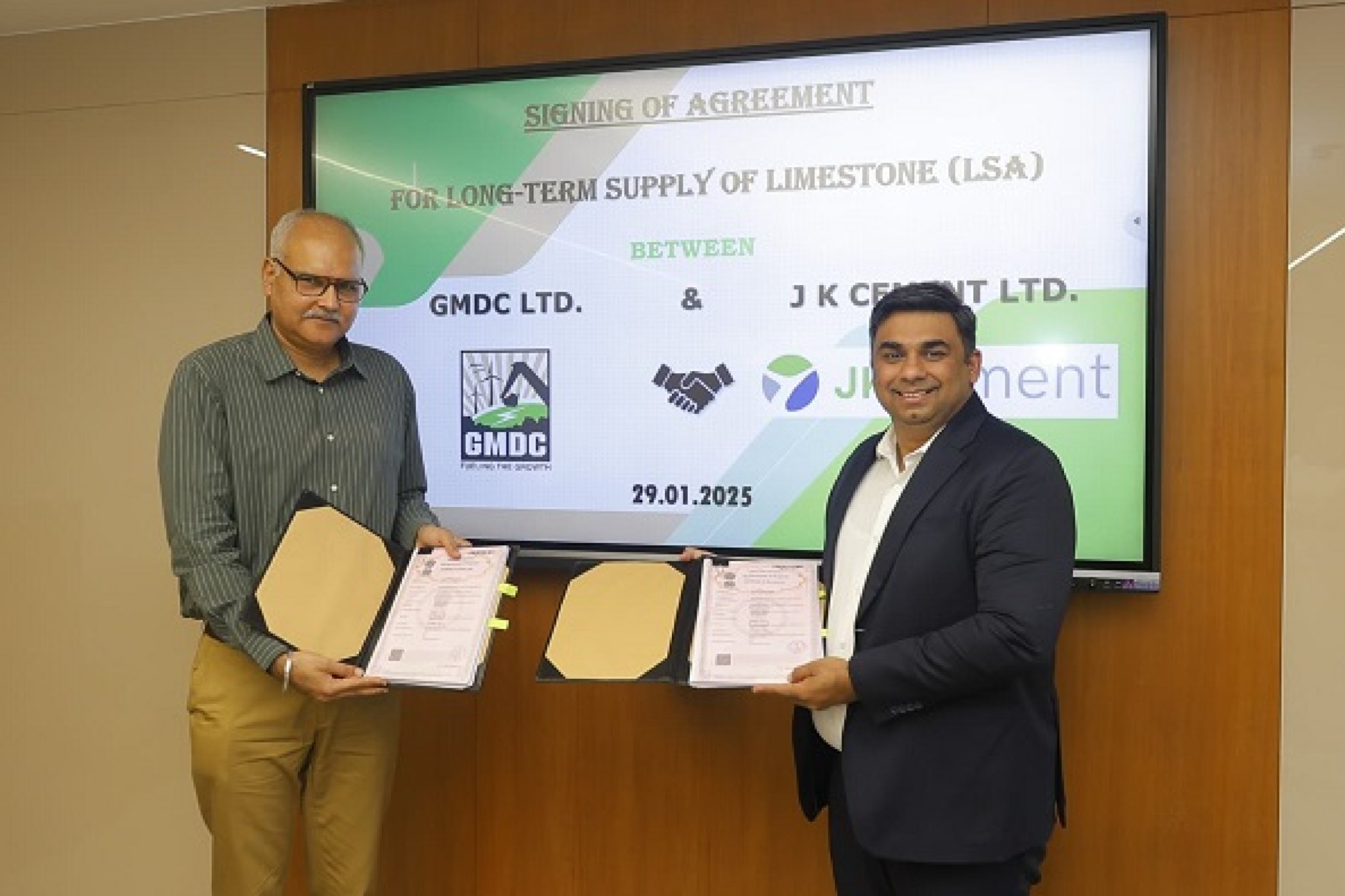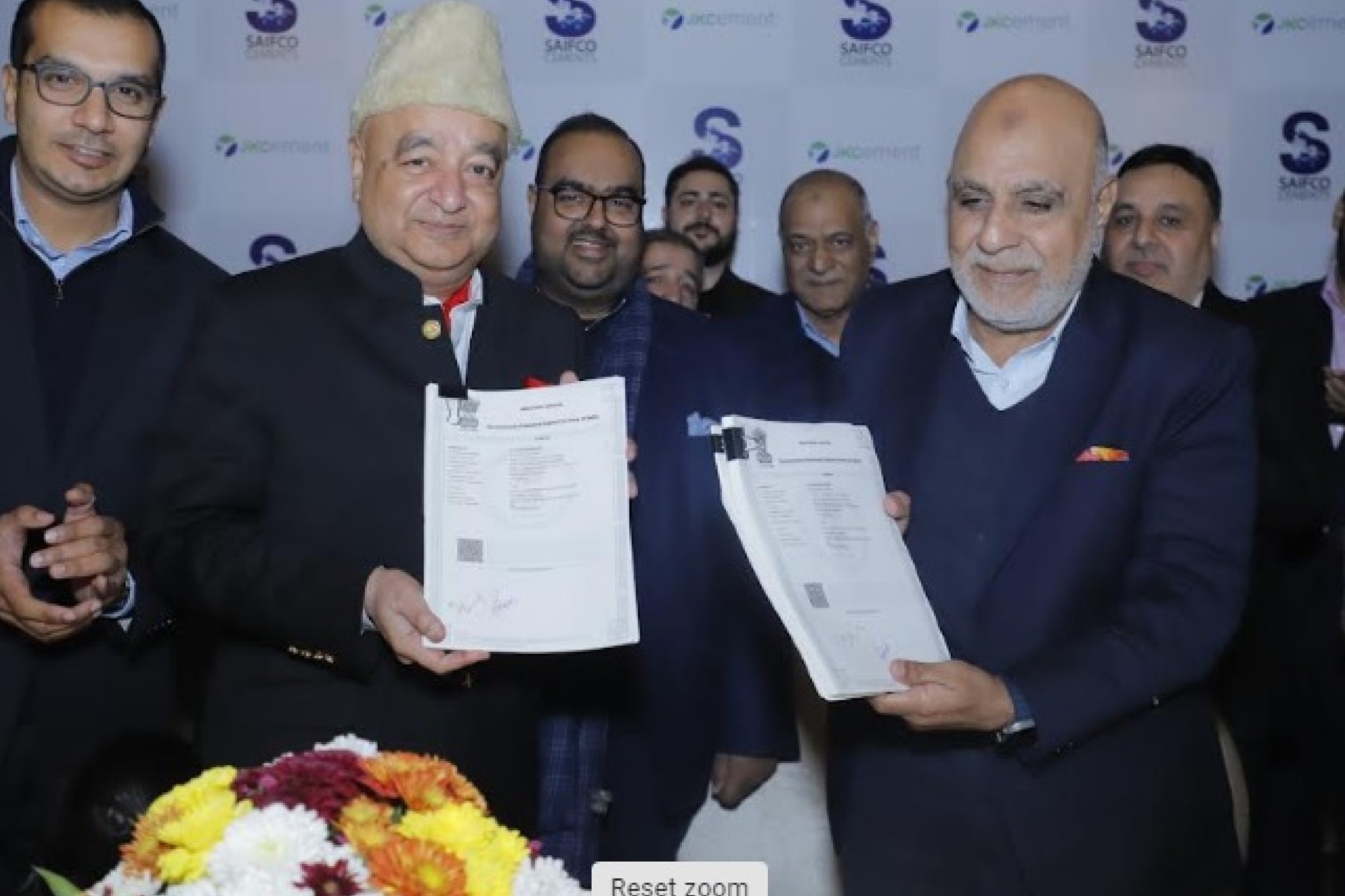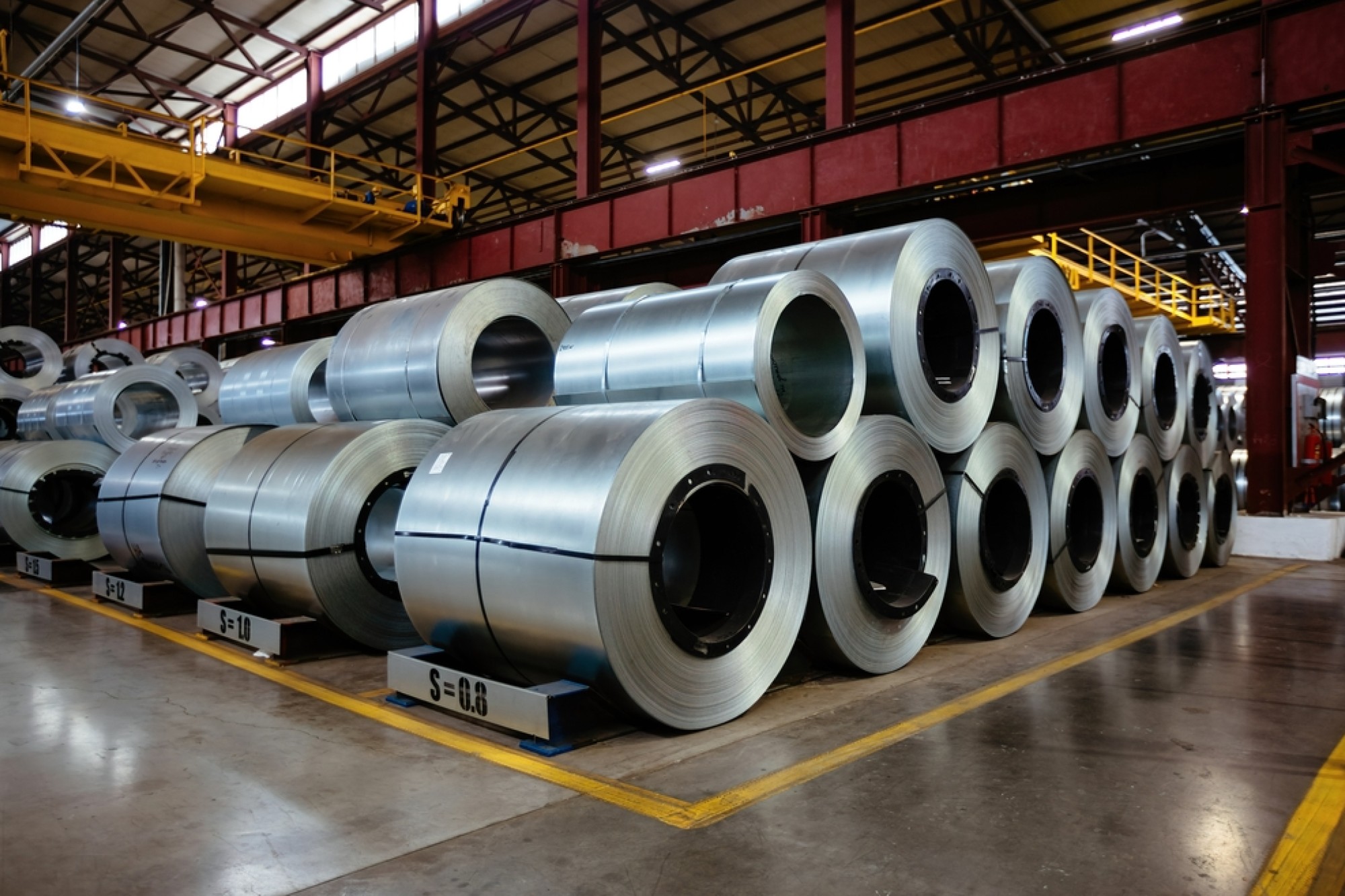Evolving construction arena and sustainable RMC
By Edit Team | November 22, 2023 3:08 pm SHARE
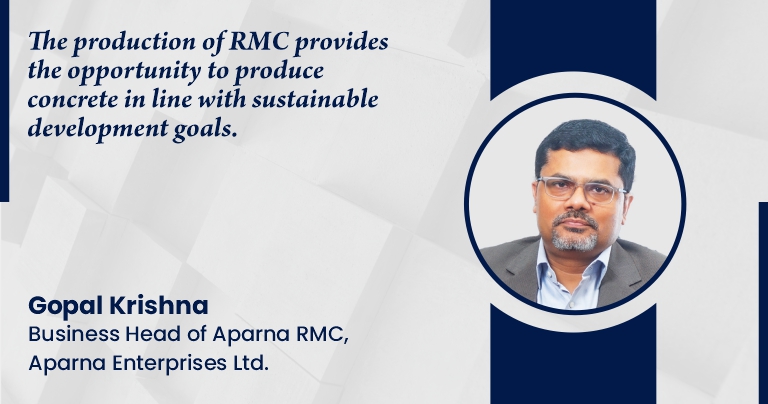
The production of RMC provides the opportunity to produce concrete in line with sustainable development goals.
The construction industry’s transformation towards sustainability is reshaping RMC production.
How do evolving construction practices and sustainability demands influence the technological innovation trajectory in RMC production?
The construction industry has significantly transformed in recent years, driven by the need for sustainable and environmentally responsible practices. This transformation is profoundly affecting RMC production in the following ways:
Material Innovation: RMC producers are increasingly exploring alternative cementitious materials such as fly ash and slag to meet sustainability demands. These materials reduce the carbon footprint of RMC but also enhance its performance in various applications.
Mix Design Optimisation: Evolving construction practices often require specialised concrete mixes tailored to specific project requirements. Advanced mix design technologies enable RMC producers to optimise the use of materials, reduce waste, and improve the overall quality and durability of concrete.
Digitalisation and Automation: Digital technologies revolutionise RMC production by providing real-time monitoring and control. Automation systems and sensors ensure precise batching, improve quality control, and reduce resource wastage, contributing to sustainability and efficiency.
Energy Efficiency: Sustainability goals are driving RMC producers to adopt energy-efficient technologies. Innovations in energy-efficient kilns for cement production and the development of low-energy mixing methods are reducing energy consumption and lowering environmental impact.
Transportation Efficiency: Sustainable construction practices require minimising the carbon footprint of transportation. Innovations such as electric or hybrid concrete trucks and optimised delivery routes are helping reduce emissions in the transportation of RMC.
Waste Reduction: Sustainability demands are pushing RMC producers to reduce waste. Innovative approaches include better water recycling systems, waste material repurposing, and resource-efficient production processes.
Durability and Longevity: RMC producers invest in high-performance concrete mixes with enhanced durability and longevity. This aligns with evolving construction practices prioritising long-lasting infrastructure to minimise maintenance and repair needs.
We recognise the importance of these developments and are committed to embracing innovative practices and technologies that align with evolving construction and sustainability demands. We believe that by continuously adapting to these changes, we can contribute to the transformation of India’s infrastructure landscape and help fuel economic growth and sustainable progress.
What is your analysis of the interplay between urbanisation trends and RMC consumption patterns, considering environmental and infrastructural implications?
The relationship between urbanisation trends and RMC consumption patterns has significant environmental and infrastructure implications.
Energy consumption and reduced time taken: Rapid urbanisation can increase residential energy consumption. Therefore, promoting urban prosperity through different measures at various stages of urban development is important to ensure efficient resource consumption and reduce energy consumption.
Change in preferences: Customers are shifting from slump concrete to flow concrete. As a result, there is a significant reduction in energy consumption, people involved in moving concrete, and a decrease in noise levels.
Affordable housing: The demand for affordable and good-quality housing in metro cities is high due to the availability of jobs, educational institutions, better medical care facilities, good transportation networks, and other factors. Housing affordability in India varies widely across metropolitan areas, impacting the demand for RMC.
Environmental impact: Urban people change their environment by consuming food, energy, water, and land. The production of RMC can have environmental impacts, such as carbon emissions and waste generation. Therefore, it is important to adopt sustainable RMC production practices to reduce the ecological impact of RMC production.
What strategies is the RMC industry adopting to optimise supply chains, mitigate resource constraints and maintain construction quality?
The RMC industry adopts various strategies to optimise supply chains, mitigate resource constraints, and maintain construction quality. Some of the strategies are:
Sustainable production: The production of RMC provides the opportunity to produce concrete in line with sustainable development goals. By minimising waste and enhancing material utilisation rates, batching plants can reduce costs significantly and improve sustainability. RMC producers are exploring carbon capture and utilisation technologies to reduce their carbon footprint, aligning with sustainability demands.
Supply chain management: A supply chain management model for RMC has been proposed to customise the structure and parameters for different operational conditions. This model represents the generic RMC operation process and can help optimise supply chains.
Automation and quality control: Automation systems and sensors ensure precise batching, improve quality control, and reduce resource wastage, contributing to sustainability and efficiency. Automation enhances quality and reduces the risk of human error.
Cost-effective solution: RMC is a cost-effective solution for construction projects, and its use can lead to faster construction times and reduced labour costs. Cement plants can reduce costs significantly by minimising waste and enhancing material utilisation rates.
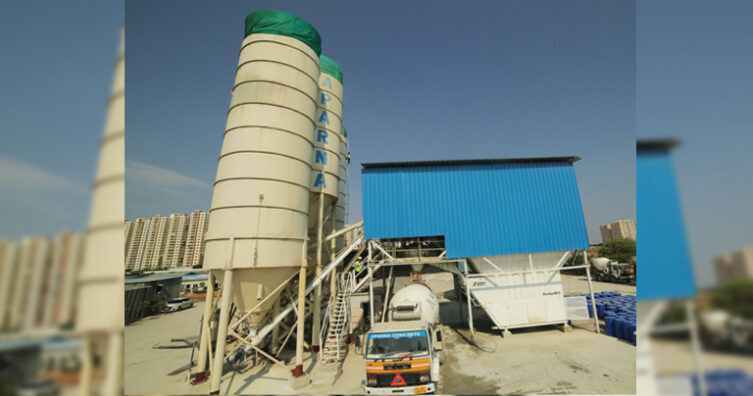
How does the transition towards green and low-carbon technologies in RMC impact the procurement pattern in India?
The procurement landscape for Ready-Mix Concrete (RMC) in India is undergoing a significant transformation due to adopting green and low-carbon technoolely focused on cost considerations. Still, it is increasingly driven by a desire to contribute to India’s greener and more sustainable construction industry.
What are the economic, environmental, and social trade-offs of using alternative cementitious materials and advanced mix designs in large-scale infrastructure development?
Using alternative cementitious materials and advanced mix designs in large-scale infrastructure development involves economic, environmental, and social trade-offs.
Economic Trade-offs: While Alternative Cementitious Materials (ACMs) might carry a steeper initial price tag than traditional cement, their long-term value potentially minimises maintenance and repair expenses. Advanced mix designs often require specialized equipment and a trained workforce, which could heighten construction costs. Incorporating low-carbon cement combined with carbon capture and storage technology often demands a significant injection of funds into research and development. However, the silver lining is that the overall fixed costs of a project can plummet substantially when Ready-Mix Concrete (RMC) is employed, allowing for an ahead-of-schedule completion.
Environmental Trade-offs: Employing ACMs can significantly shrink the carbon footprint of concrete. This is achieved by substituting a portion of the cement with materials known for their lower carbon emissions. Notably, advanced mix designs have the potential to decrease waste and amplify material utilization rates, bestowing tangible environmental advantages.
Social Trade-offs: ACMs can usher in economic boons for local communities. This is made possible by forging new markets tailored for waste materials. Moreover, introducing advanced mix designs can pave the way for expedited construction timelines and a downward shift in labour expenses, especially when these designs demand specialized skill sets.
Spokesperson – Gopal Krishna, Business Head of Aparna RMC, Aparna Enterprises Ltd
Cookie Consent
We use cookies to personalize your experience. By continuing to visit this website you agree to our Terms & Conditions, Privacy Policy and Cookie Policy.




